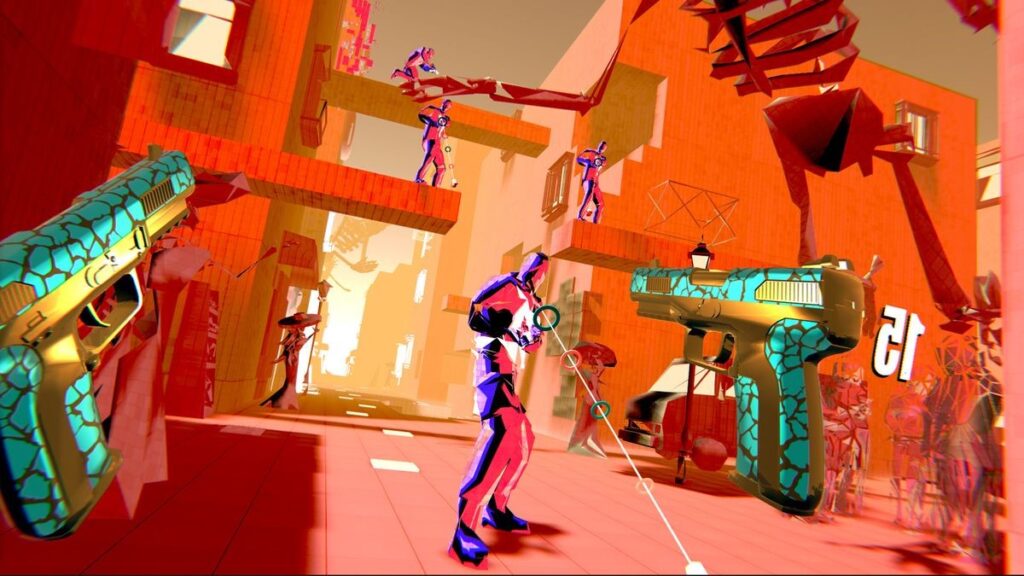Virtual Reality (VR) gaming has seen a surge in popularity in recent years, with an increasing number of titles hitting the market to cater to the growing demand for immersive experiences. As the VR gaming landscape continues to evolve, so too does the need for comprehensive and insightful reviews to help players navigate the vast array of available titles. In this article, we’ll delve into the world of VR game reviews, analyzing the hits and misses to provide valuable insights for both developers and players alike.
The Importance of VR Game Reviews
With the proliferation of VR gaming platforms and titles, the role of reviews has become more crucial than ever. VR game reviews serve as a guide for players looking to make informed decisions about which games to purchase and play. They provide valuable insights into the gameplay mechanics, immersion factor, graphics, sound design, and overall experience of a VR game, helping players determine whether it’s worth their time and money.
Analyzing the Hits

Immersive Gameplay
One of the key factors that often distinguishes a hit VR game from the rest is its level of immersion. Successful VR games are able to transport players to new and exciting worlds, where they feel fully immersed in the virtual environment. Whether exploring alien planets, solving puzzles in mysterious dungeons, or battling enemies in epic showdowns, immersive gameplay is a hallmark of top-rated VR titles.
Innovative Mechanics
Hit VR games often feature innovative gameplay mechanics that take full advantage of the unique capabilities of VR technology. From intuitive hand-tracking and gesture controls to physics-based interactions and spatial audio, innovative mechanics can elevate the gaming experience and set a title apart from the competition. Read our article about researching VR game genres: from action to adventure, more details here.
Compelling Narrative
Storytelling is another important aspect of successful VR games. Titles with compelling narratives, rich lore, and well-developed characters have a better chance of resonating with players and keeping them engaged for hours on end. Whether embarking on an epic quest to save the world or unraveling a mystery in a dystopian future, a strong narrative can enhance the immersion and emotional impact of a VR game.
Examining the Misses
Motion Sickness
One of the most common issues faced by VR games is motion sickness. Poorly optimized movement mechanics, fast-paced action, and sudden camera movements can all contribute to feelings of nausea and discomfort in players. Titles that fail to address motion sickness issues may receive negative reviews from players, impacting their overall enjoyment and experience.
Technical Issues

Technical issues such as poor performance, graphical glitches, and hardware compatibility issues can also detract from the quality of a VR game. Players expect smooth frame rates, crisp visuals, and responsive controls in VR titles, and any shortcomings in these areas can lead to frustration and disappointment. Developers must prioritize optimization and testing to ensure their games run smoothly on a variety of VR platforms and hardware configurations.
Lack of Content
Another common criticism leveled against VR games is a lack of content or replay value. Players expect immersive experiences that offer hours of gameplay and exploration, but some VR titles may fall short in terms of depth, variety, or longevity. Games that lack compelling content or fail to provide meaningful progression may struggle to hold players’ interest beyond the initial playthrough.
Conclusion
VR game reviews play a crucial role in helping players discover new and exciting titles, while also providing valuable feedback to developers. By analyzing the hits and misses of VR games, reviewers can offer insights into what makes a successful VR title and what pitfalls to avoid. As the VR gaming industry continues to grow and evolve, high-quality reviews will remain an essential tool for both players and developers seeking to navigate the ever-expanding world of virtual reality.
For more information on VR game reviews, visit IGN and Wikipedia.


